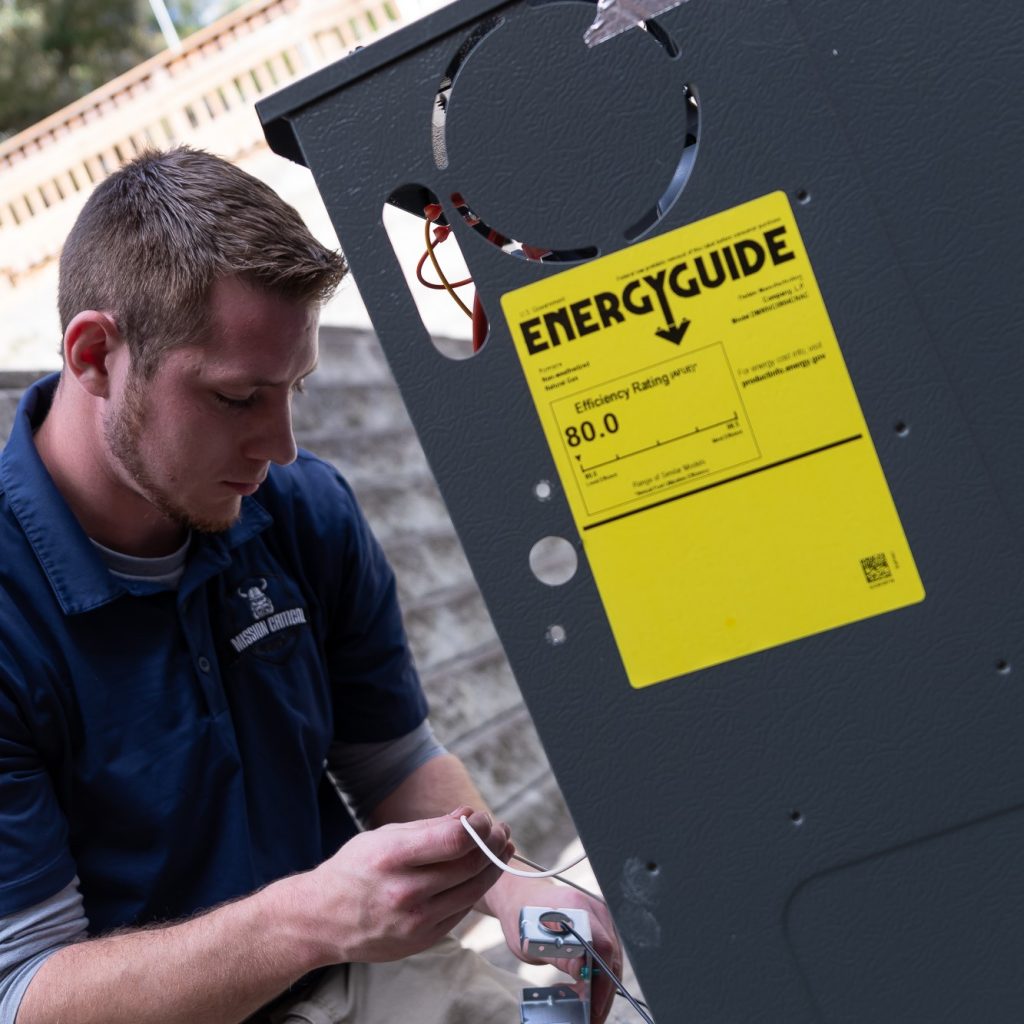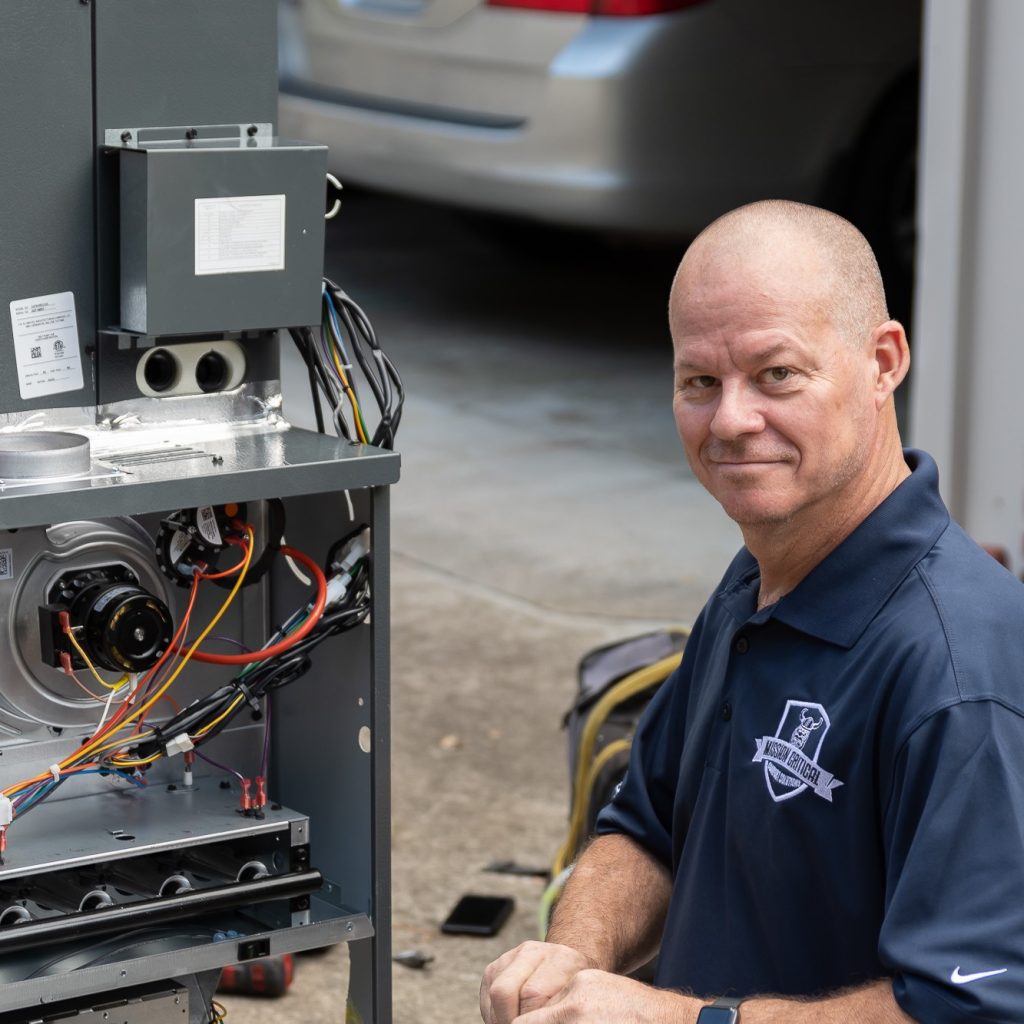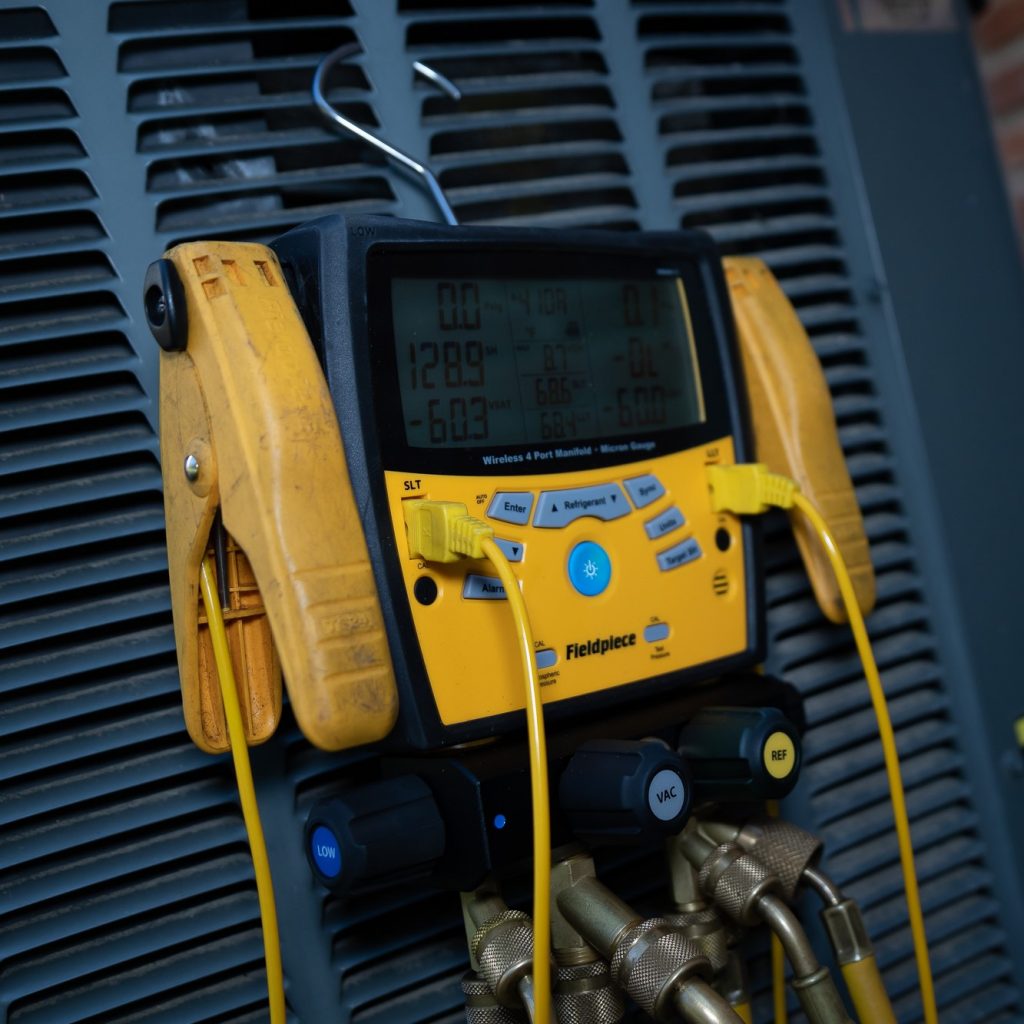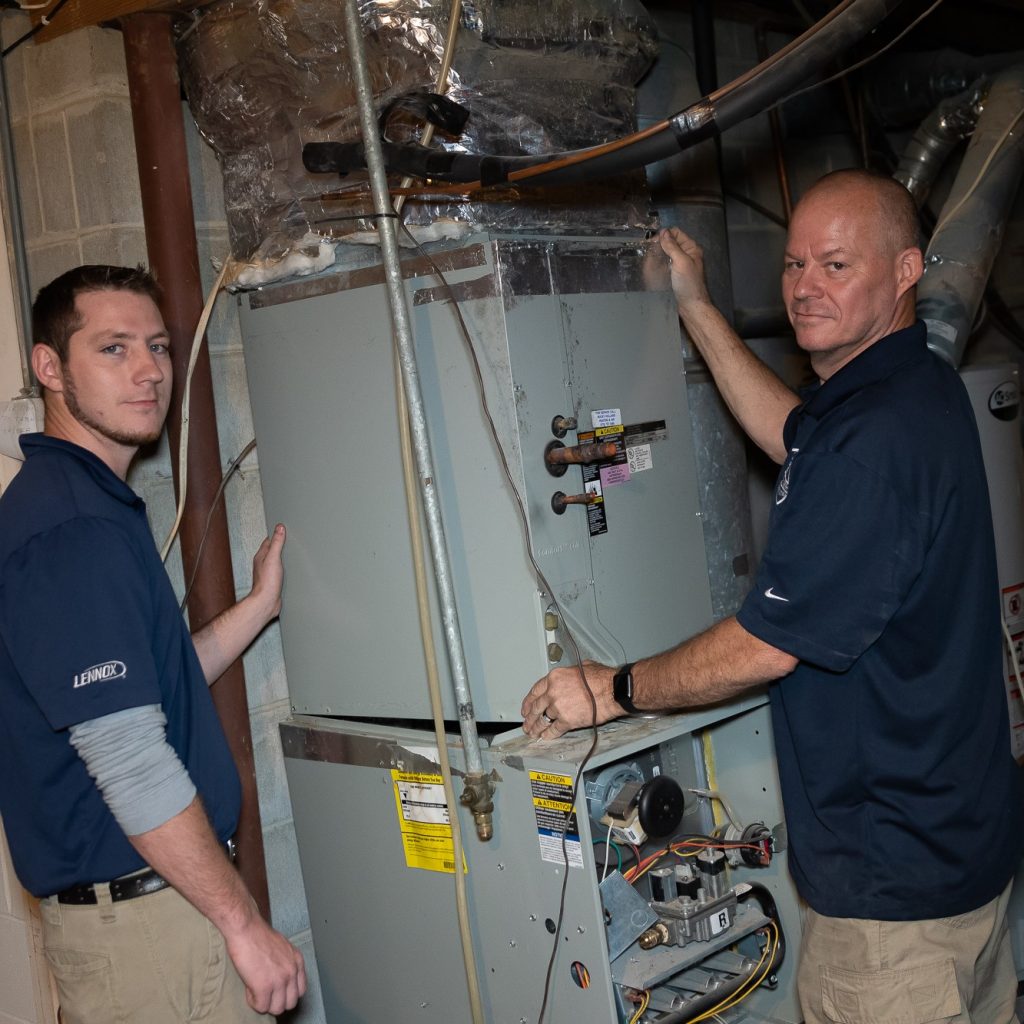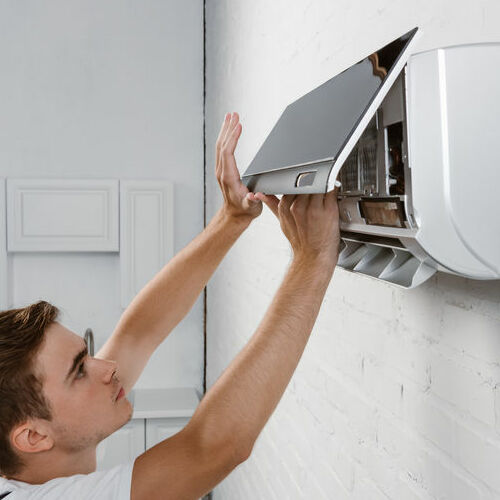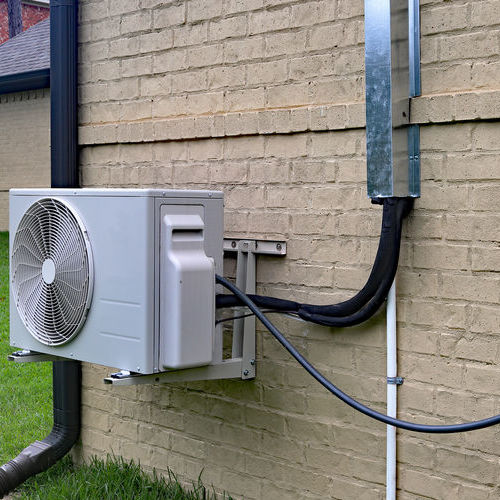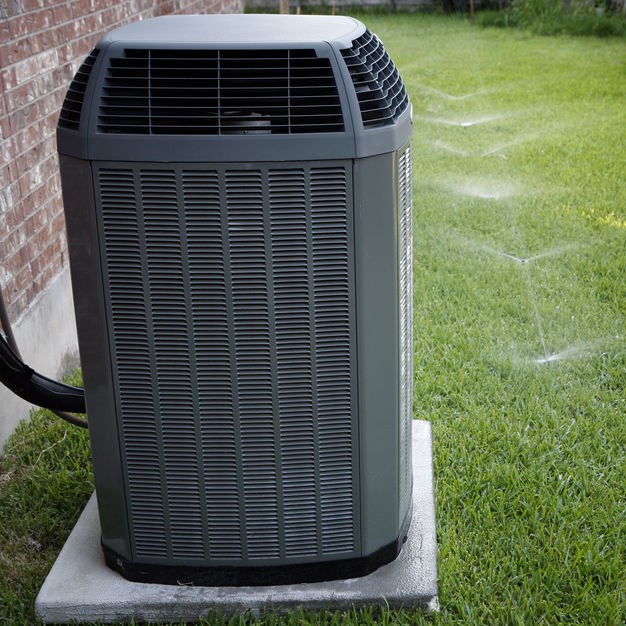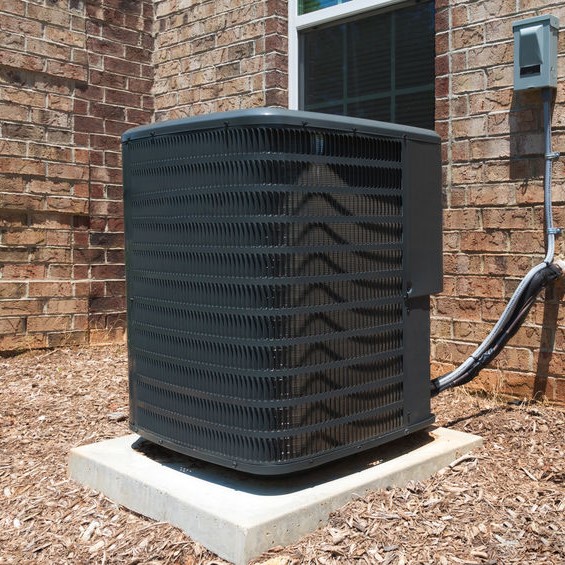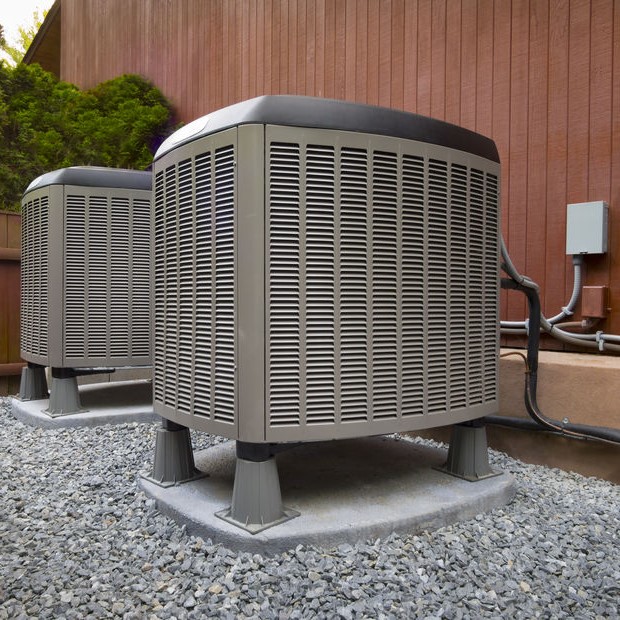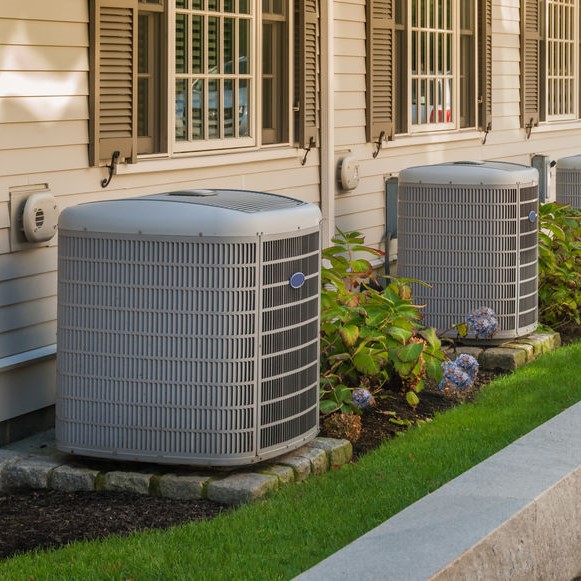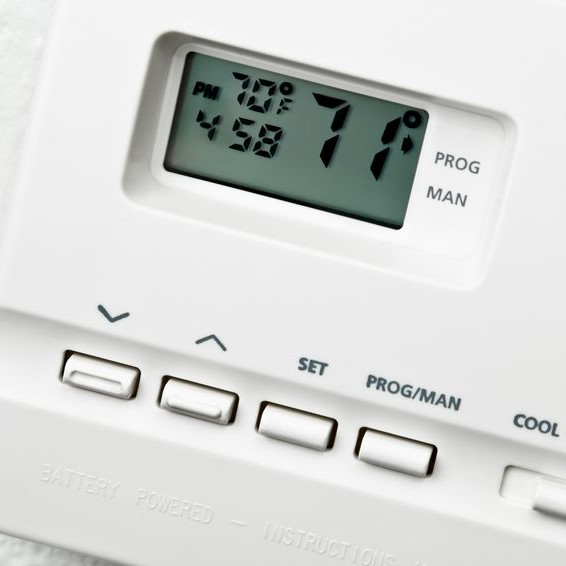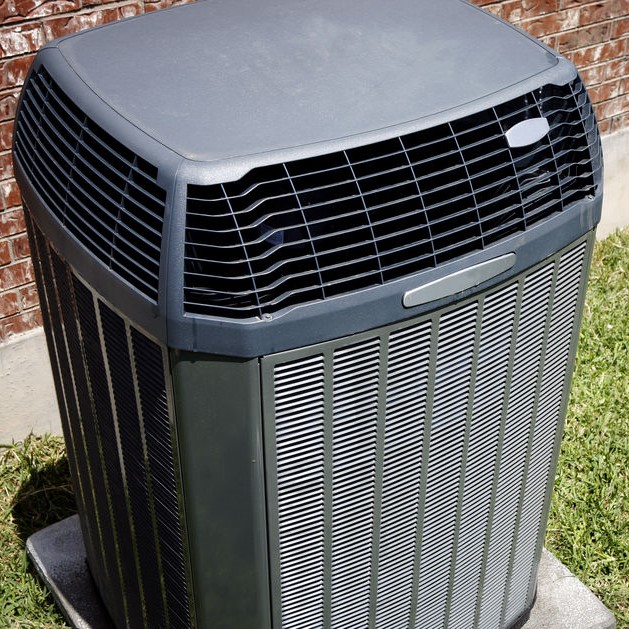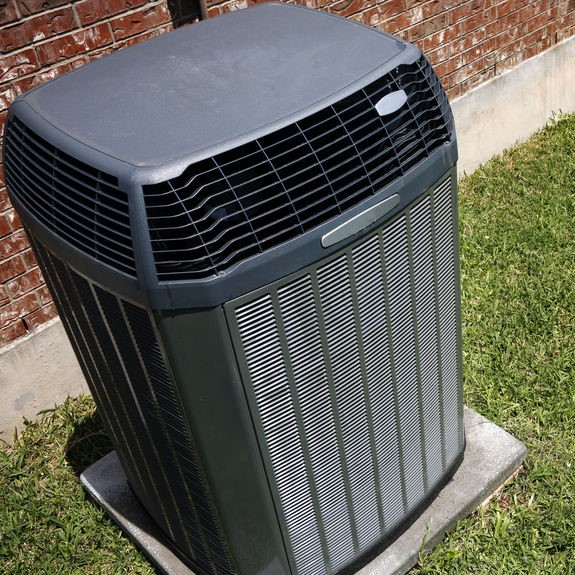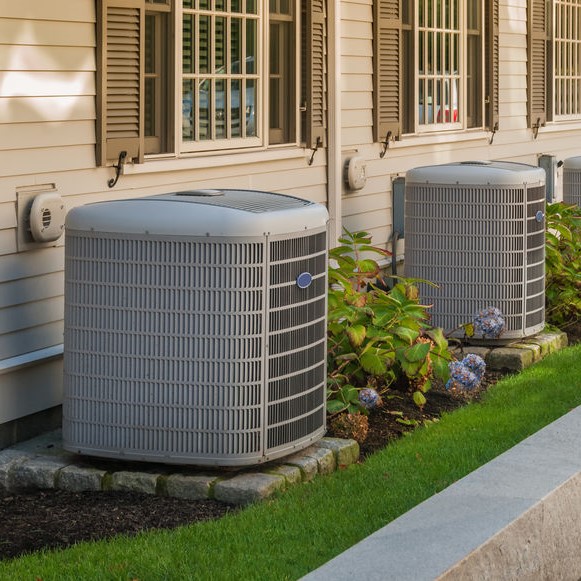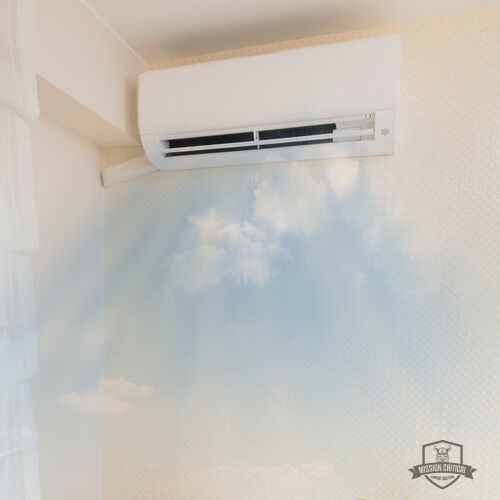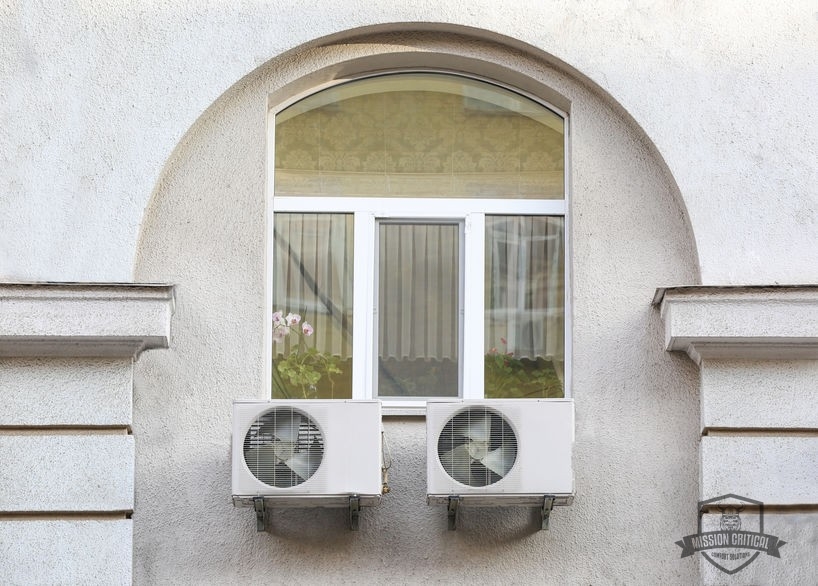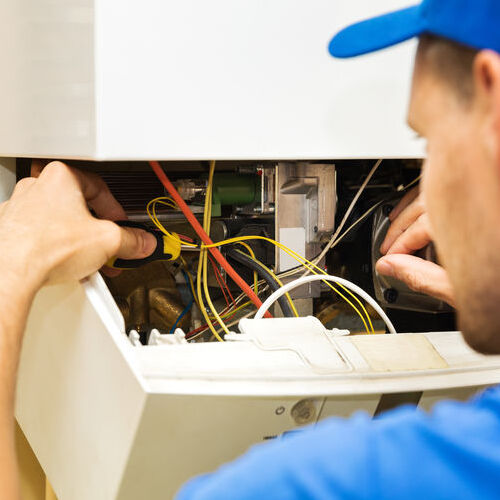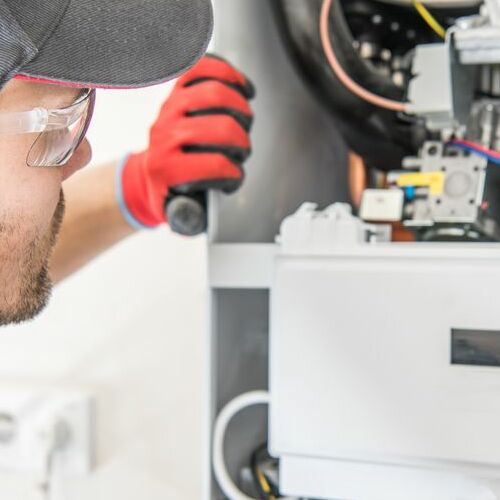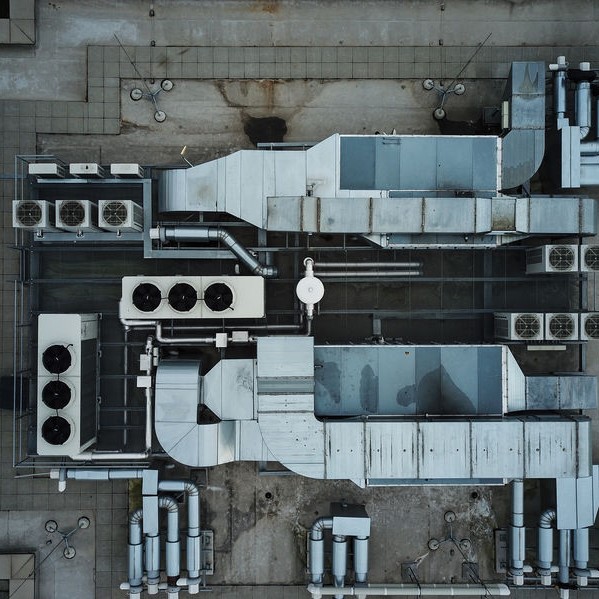
Keeping your business comfortable
Your home has an HVAC system for cooling and heating your home, and so does the business where you shop, work, even your children’s school has an HVAC system. Not all HVAC systems are the same though, like a residential and commercial HVAC system is different. What is the difference between commercial and residential HVAC?
Both HVAC commercial or residential systems are designed to provide cooling, heating, and ventilation. However, there are seven differences between the two types of systems:
The Size – Because a residential HVAC system doesn’t need to cool, heat, or ventilate as big of an area, it is smaller than a commercial HVAC system. The components of commercial HVAC systems are different in regard to the blower motor, compressor, condenser fan, damper, evaporator, and thermostat. This is because typically, the size of areas between residential and commercial are dramatically different, a commercial HVAC system has to service larger areas.
The Placement – Your residential HVAC system has a component placed just outside of your home. A commercial HVAC system is situated on the rooftop or in swamp coolers. Why?
- A commercial HVAC system is installed on the roof for space-saving.
- A commercial HVAC system on the roof minimizes noise pollution inside the building.
- Repairs or replacement of commercial HVAC on the roof doesn’t interrupt activities and business proceedings inside the building.
The Complexity – A residential structure and commercial structure vary in shapes and sizes, so a commercial HVAC system needs to adapt to the structure it is servicing. For a commercial HVAC system, it needs to be adaptable to how the structure is used and the activities inside and may take more electrical power to ease exhaust.
The Drainage – A residential HVAC system is servicing a smaller area, thus has less drainage than a commercial HVAC system. A residential HVAC unit will have one drain pan, whereas a commercial HVAC system has multiple pans and pipes.
The Mechanism – A commercial HVAC system is modular and a residential HVAC system is standalone. Because the commercial HVAC system is modular, the parts are installed together for ease of maintenance and upgrade. A residential HVAC system is installed both inside and outside, eliminating the ability to expand or modify the system.
The Equipment – Commercial HVAC systems are very intensive, requiring them to be customized for effective cooling and heating. In a residential setting, the variance of the humidity and temperature is minimal compared to a commercial structure and the commercial HVAC system is designed to meet the varying needs of the structure shape and size. Additionally, commercial HVAC filters are different than residential filters and require trained technicians to clean or replace the filters in a commercial HVAC system.
The Maintenance Cost – As you can imagine, there is more maintenance for a commercial HVAC system compared to the residential system. They are more complex, larger, and the mechanism is different. The technicians for a commercial HVAC go through different training than a residential HVAC technician. HVAC technicians can be trained for both residential and commercial HVAC equipment, but most are specialized and focused on one or the other.
How does a commercial HVAC system work?
HVAC (heating, ventilation, and air conditioning) all work together to create the comfort for the occupants of a commercial structure. For the heating, as the system is engaged, the system’s burners create combustion gases, and they travel to a heat exchanger. Then the air blows over the heat exchanger, and warm air is dispersed through the ductwork throughout the building.
The ventilation of the commercial HVAC system allows fresh air to enter the building and pulls out any contaminated air. When there isn’t adequate ventilation, the indoor air becomes stale and odors accumulate and linger, allowing a high growth rate of mildew, mold, and other harmful byproducts that are created during the combustion process.
The air conditioning part of a commercial HVAC unit utilizes the refrigeration process to cool the air and removes the heat. This process lowers the air temperature and maintains and appropriate humidity level with an air-cooled or water-cooled system.
What are the different types of commercial HVAC systems?
Commercial HVAC systems come in three main categories with countless ways they can be configured. Which category and why configuration all depend on the individual building requirements and any unique circumstances. The three categories are:
- A Commercial HVAC Single-Split System: For small commercial properties, this is an affordable and popular option. It allows individualized cooling and heating per room and large areas. They all work together for a complete environment comfort control.
- A Commercial HVAC Multi-Split System: The same principles as the single-split system, but the multi-split system can have up to nine indoor units all connected to a single unit located outdoors. Ideal for a larger office space, a healthcare facility, and retail stores. The compressor has variable speeds that rely on inverter technology. Built-in sensors help conserve energy by detecting small fluctuation in temperatures so that adjustments can be made when needed.
- A Commercial HVAC VRF or VRV System: A VRF (variable refrigerant flow) or VRV (variable refrigerant volume) system utilizes a heat pump that provides either cooling or heating, a great system for a large open area. Or a Heat recovery system that simultaneously provides cooling and heating, great for a commercial structure with multiple rooms.
How do you size a commercial HVAC system?
First things first, when determining the size of commercial HVAC system, remember a BTU is the amount of energy required to adjust one pound of water temperature by 1 degree Fahrenheit. Thus, 12,000 BTUs equals one ton. There are four main factors to determine the right commercial HVAC equipment:
- The Application: Grocery store, office space, restaurant, retail, etc.
- The Building Type: A multi-story structure or a warehouse.
- The Square Footage: How much space will need to be cooled and heated.
- The Type of HVAC Equipment: Electric or gas equipment, air cooled, water cooled, etc.
In addition to those factors, add these into your equation in determining the size of commercial HVAC system too:
- What are the interior and exterior walls are made of?
- What type of insulation is between the walls, what is the R-Value?
- What type of flooring is in the structure?
- What type of windows are in place?
- What type of roofing material is on the structure?
- What is the occupancy level of the building?
- What types of electronics, lights, and what kind of lighting is in place?
- Are there plants in the building?
The actual calculation is an involved process and is labor intensive that has always been done by hand. Today, there are programs designed specifically for the HVAC industry to determine the load calculation.
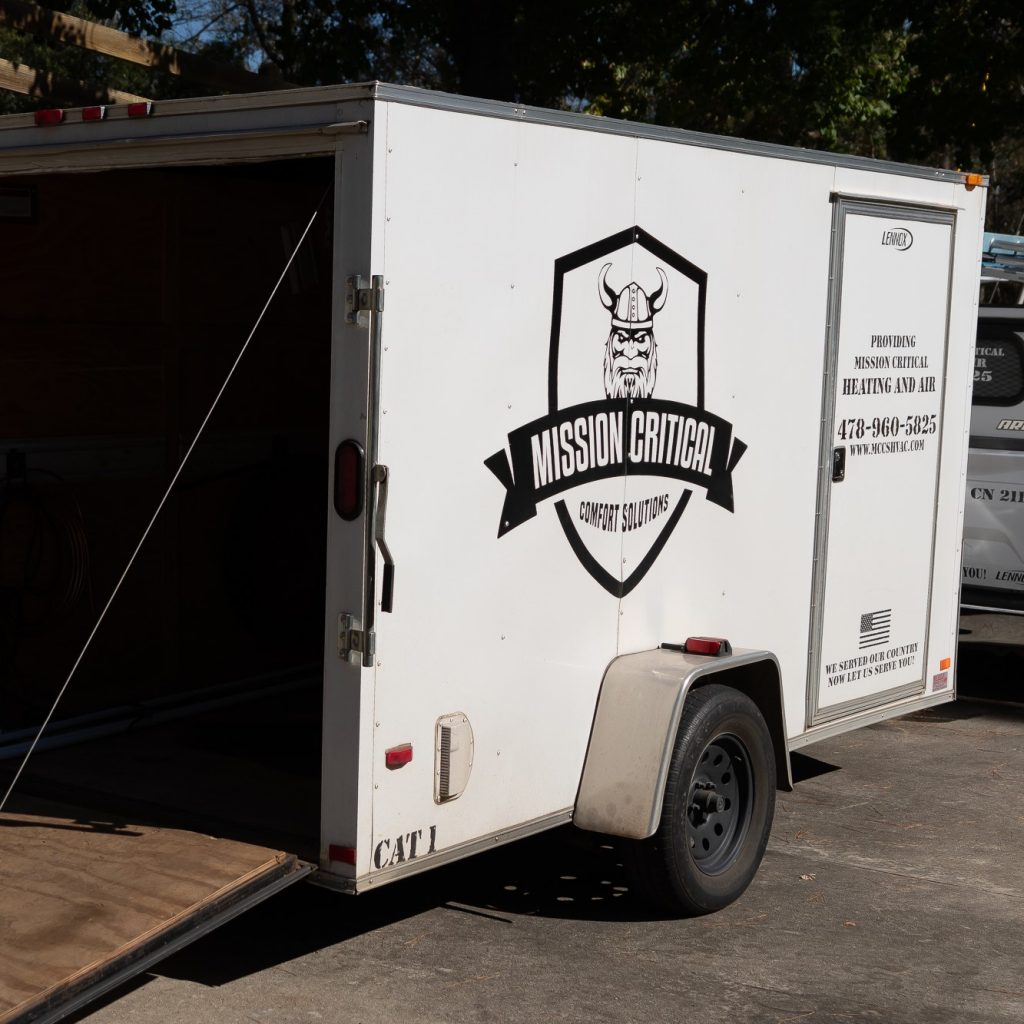
How long do commercial HVAC systems last?
Like with a residential HVAC system, there are factors that can affect the lifespan of a commercial HVAC system too. Usually, commercial HVAC systems have a lifespan up to 15 years when the best practices of maintenance and inspections have been performed.
When it comes down to choosing a commercial HVAC system for your commercial building, what’s better residential or commercial HVAC? While there are similarities and they serve the same purpose, they are different. A residential HVAC system is not going to service a commercial size building as well as a commercial HVAC system. If budget is an issue, go with a single-split system and add to it as needed. A reputable commercial HVAC contractor can advise you on what type of system would serve you better and where to have it installed. Need help with commercial HVAC in Lawrenceville, GA? Call (678) 964-5617 today!

